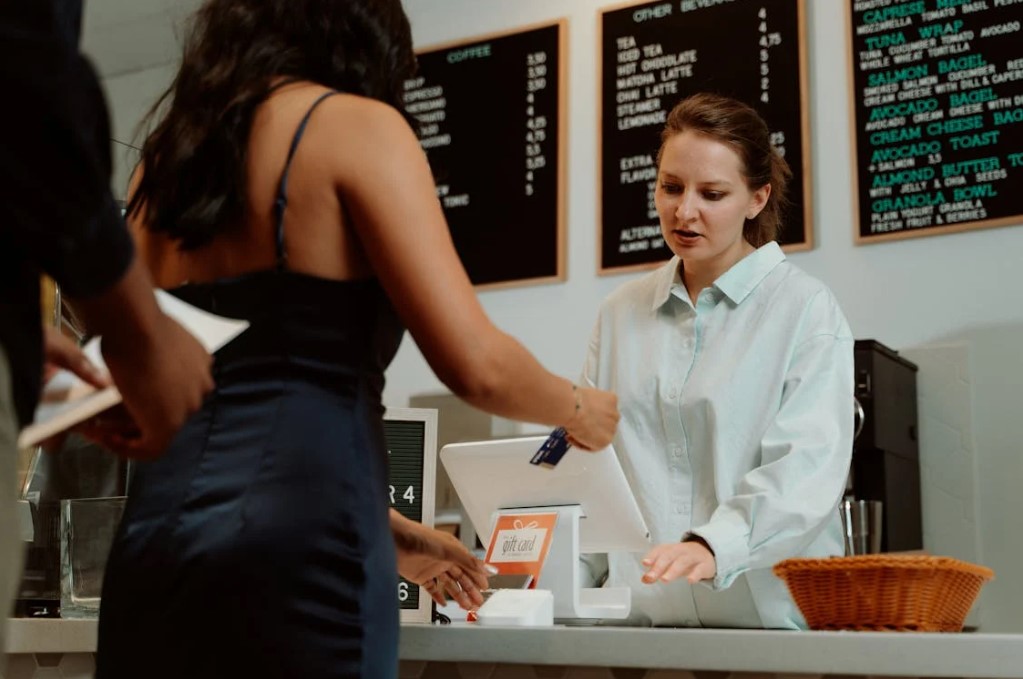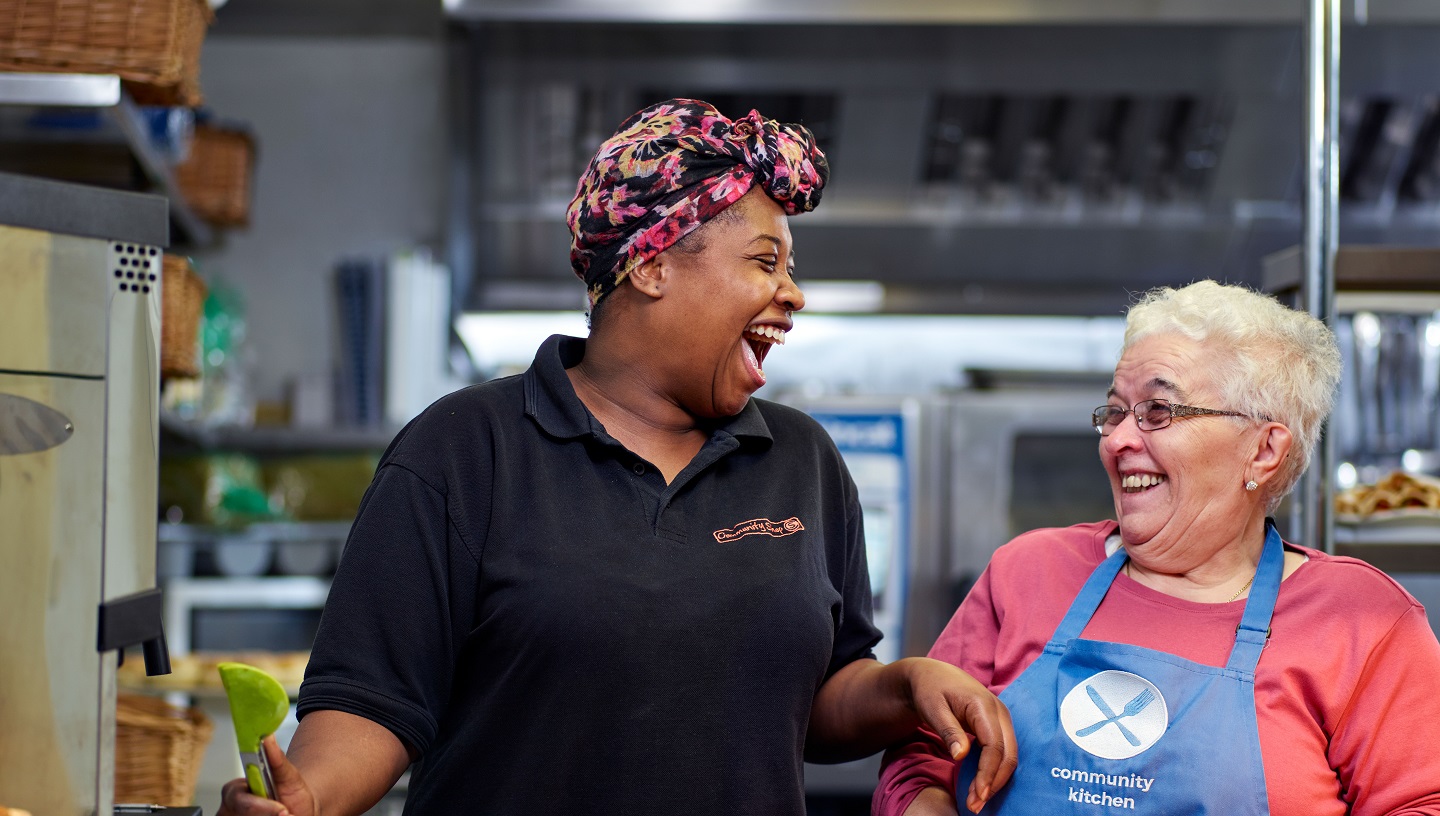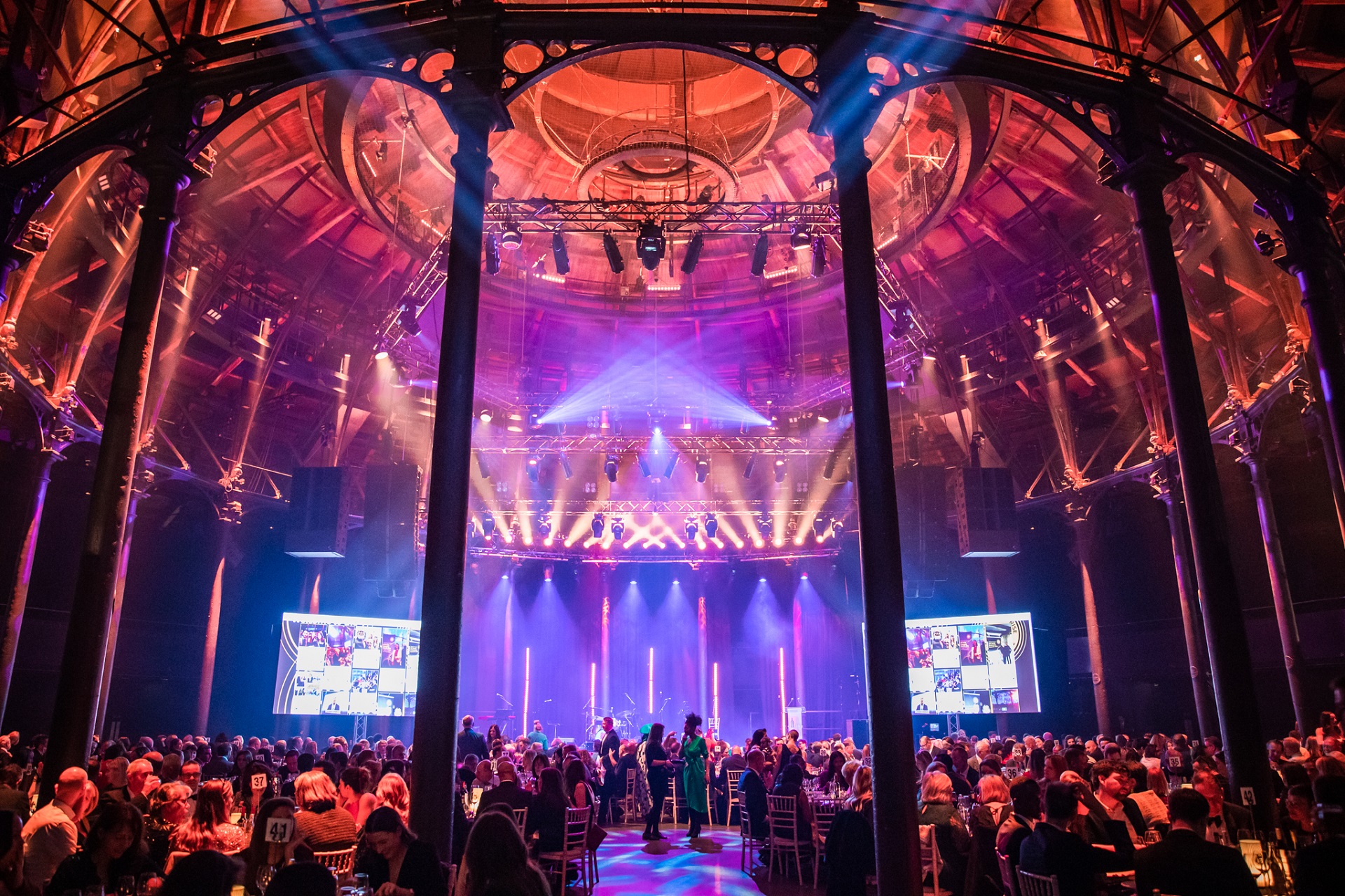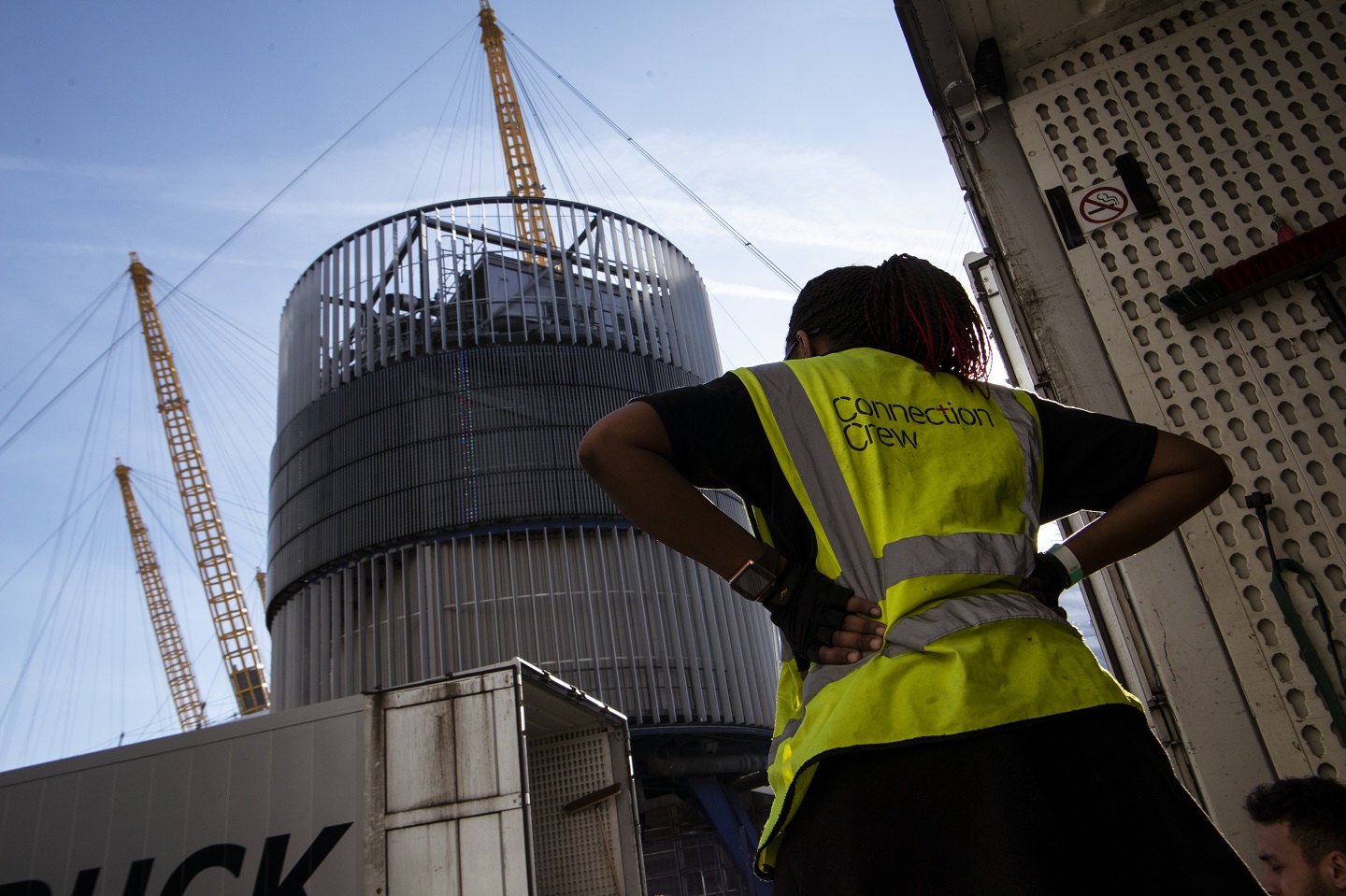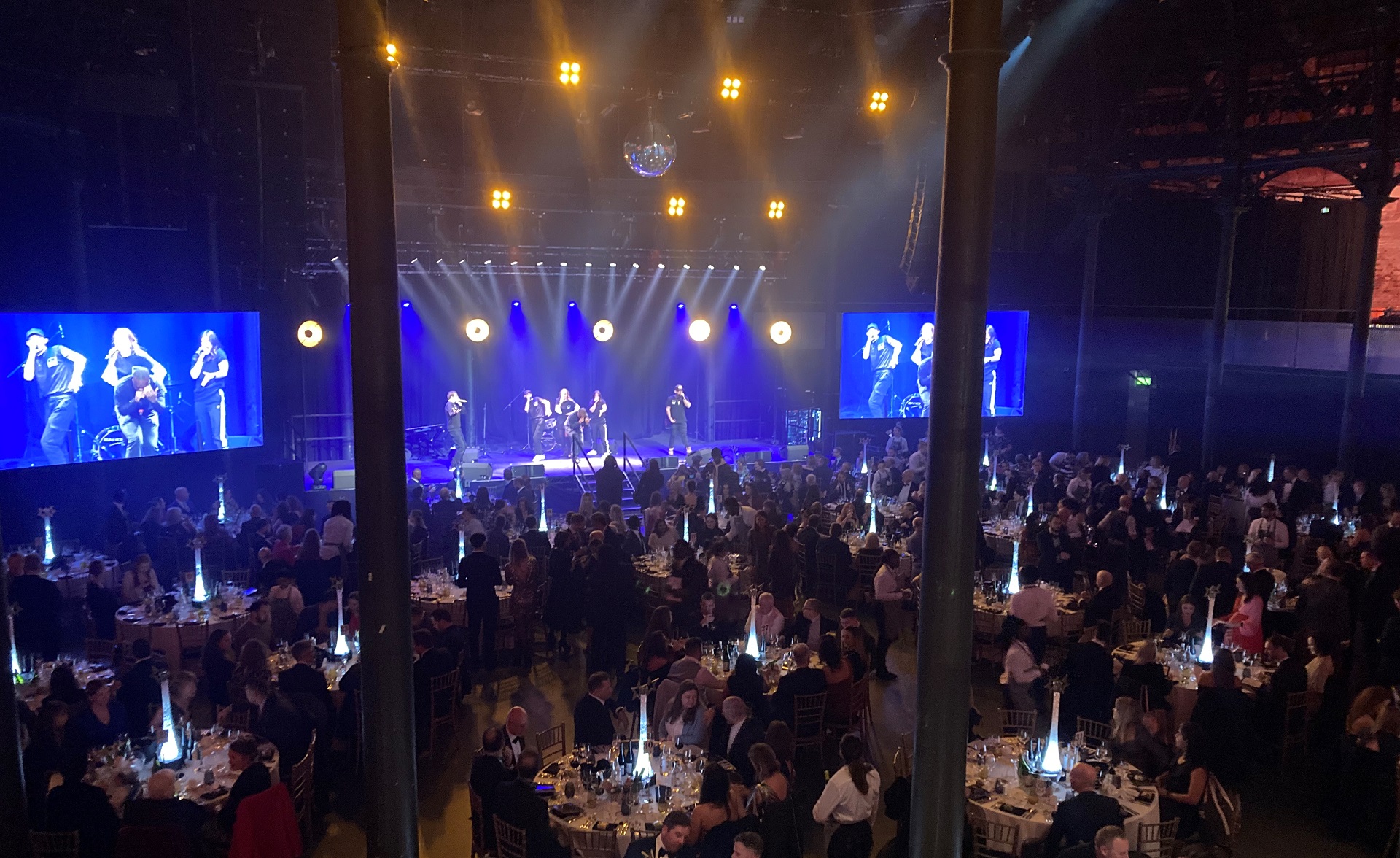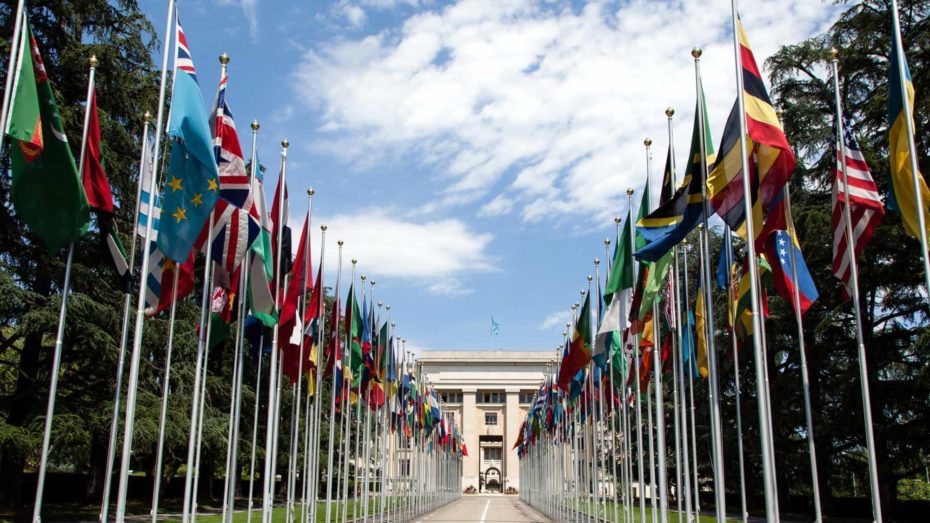
UK Social Enterprise Awards 2024
International Impact
Sponsored by Zurich Insurance Group. Social enterprises are part of a global movement, making the vision behind the Sustainable Development Goals a reality. This award is for a social enterprise working internationally, and which is having a big impact in their field. This award is open to UK-based organisations only with existing international operations. auticon UK First established in Germany in 2008, auticon now operates in 15 countries across three continents making it the largest majority-autistic business in the world. Leading by example, it continues to address the inequalities in employment for neurodivergent adults, highlighting the benefits of hiring neurodivergent talent and helping other organisations to follow suit. auticon is challenging outdated assumptions on who can and can’t contribute to a workplace. @auticon_uk Finance Earth Finance Earth is an employee-owned social enterprise with a mission to scale up funding into natureconservation, climate, and communities. Current investment to tackle the twin crises of climate changeand biodiversity loss falls billions of pounds short of what is required. Finance Earth works with leadingenvironmental charities, governments, and businesses to secure investment in projects that deliver realsocial and environmental impact. This year, Finance Earth facilitated the UK’s biggest ever transfer ofenergy assets into community ownership. @finance.earth IDEMS International CIC IDEMS builds open technology and digital public goods for social impact, delivering services in partnership with local organisations to build equity in the place of exclusion. An international team working globally, it has developed not only cultural competences to identify analytic methods from new perspectives, but also a collaborative approach to delivery that can be as transformative as what is actually delivered. This approach, and the values on which it is based, are codified in its organisational principles. Stand4Socks 16 hours. That's the average amount of time spent wearing socks every day, yet socks are typically dull, poorly made, and standardized. Despite existing since ancient Egyptian times, there's been very littleinnovation…until now. Stand4 Socks is the direct-to-consumer challenger brand in the sock market. Thebusiness has spent years developing socks that have enhanced comfort and durability without sacrificing style or ethics. For every pair of socks sold, means a donated pair to someone in need. @stand4socks Tea People Tea People is a speciality tea focused social enterprise. Its vision is to eliminate poverty in tea growingregions of the world. It procures, curates and sells a wide range of high quality whole-leaf tea and herbalinfusions many of which have won the prestigious Great Taste Awards. Tea People tea is sold to consumers and businesses in eco-friendly packaging and is available in loose leaf form and in pyramid teabags which are 100% plastic free. @teapeopleltd The Burnt Chef Project CIC The Burnt Chef Project is a global not-for-profit dedicated to improving mental health within the hospitality industry. It provides comprehensive education, accessible therapy services, and pioneering research to support hospitality professionals. Initiatives include stigma-busting merchandise, free e-learning programs, a podcast, workshops, and free therapy across multiple continents. The Burnt Chef Project collaborates with international organisations using creative campaigns to raise awareness, promote a healthier, more supportive working environment and advocate for sustainability, diversity, and inclusion. @theburntchefproject
3 min

